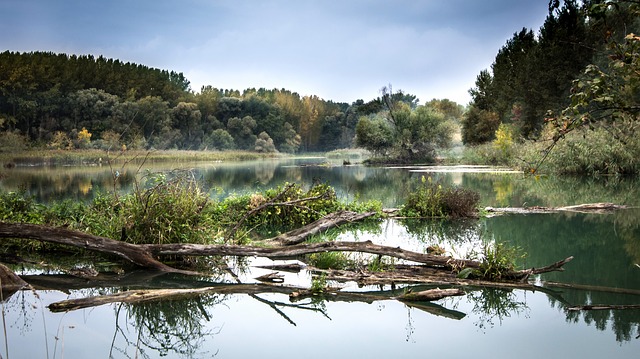In Central Europe, Traditional and Wild has aimed to promote the sustainable harvesting of wild plants and the benefits of equitable trade. In Slovenia, Hungary, the Czech Republic and Poland, a series of conservation projects called Traditional and Wild have helped to protect indigenous knowledge relating to wild plant collection and plant use.
Traditional and Wild projects have been a collaboration between TRAFFIC and WWF working with in-country partner organisations. Integral to the Traditional and Wild projects are sustainability principles. These are based on the FairWild principles of good management and business practices to help maintain wild resources and achieve fair prices for wild plant collectors.
Species of birch, walnut, nettle and elder are some of the plants gathered by wild plant collector communities in these areas. Derivatives of these species are used on a commercial-scale in foods, medicines and cosmetics. Betula pendula, Vaccinium mrytillus, equisetum arvense, Juglans regia, Sambucus nigra, Rubus idaeus, Urtica dioica and Rosa canina have all been included in Traditional and Wild projects.
The experiences gained from the Traditional and Wild projects have contributed to the larger programme, Local Economy and Nature Conservation in the Danube Region (LENA). This programme promotes the sustainable use of wild plant resources across 11 ecologically sensitive areas in seven countries where wild plant harvesting has provided valuable income. An aim of this programme is to support livelihoods in rural communities using socially, economically and ecologically sustainable practices.

Danube river